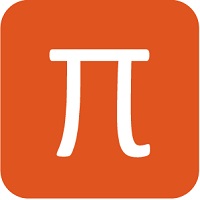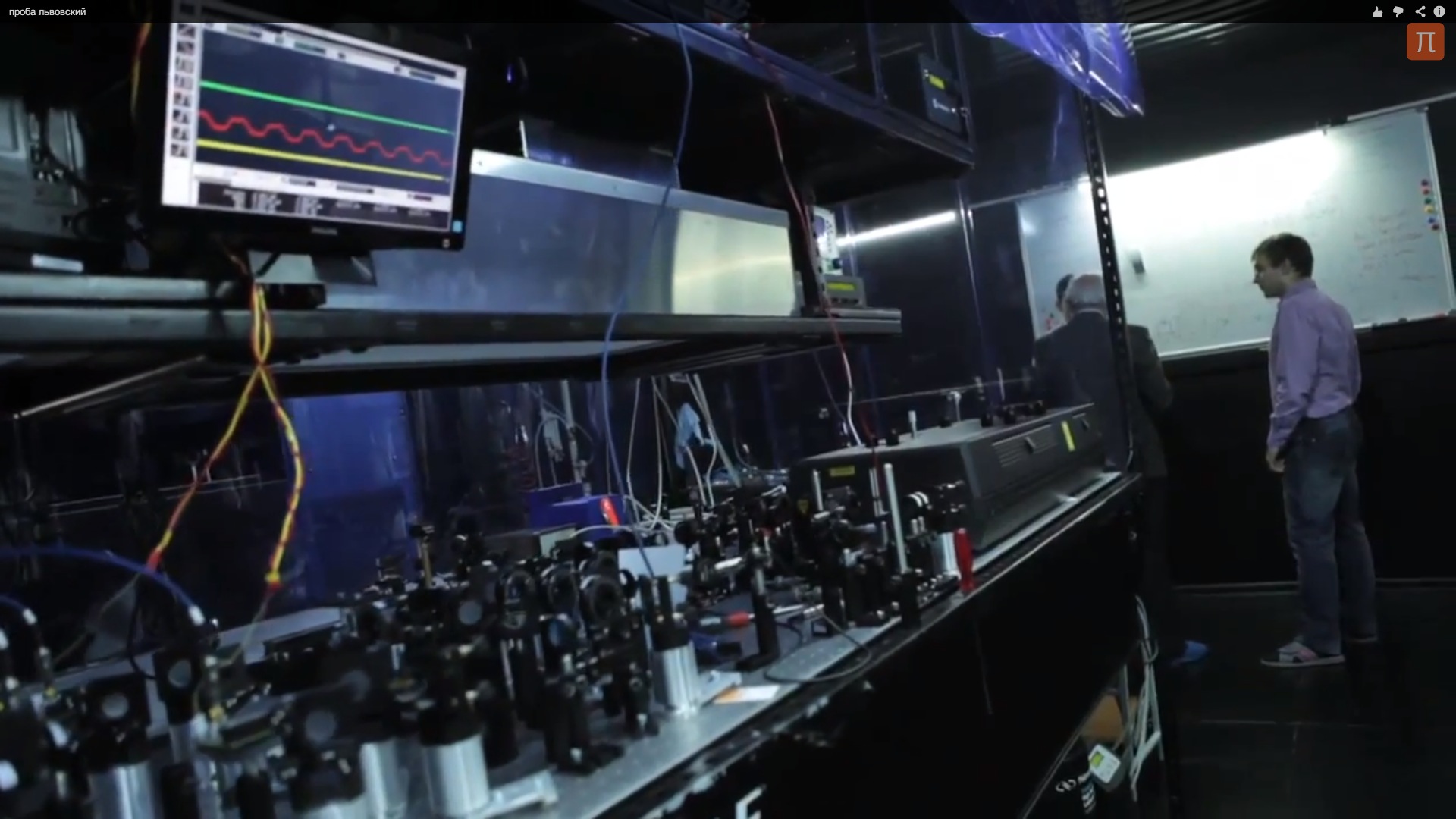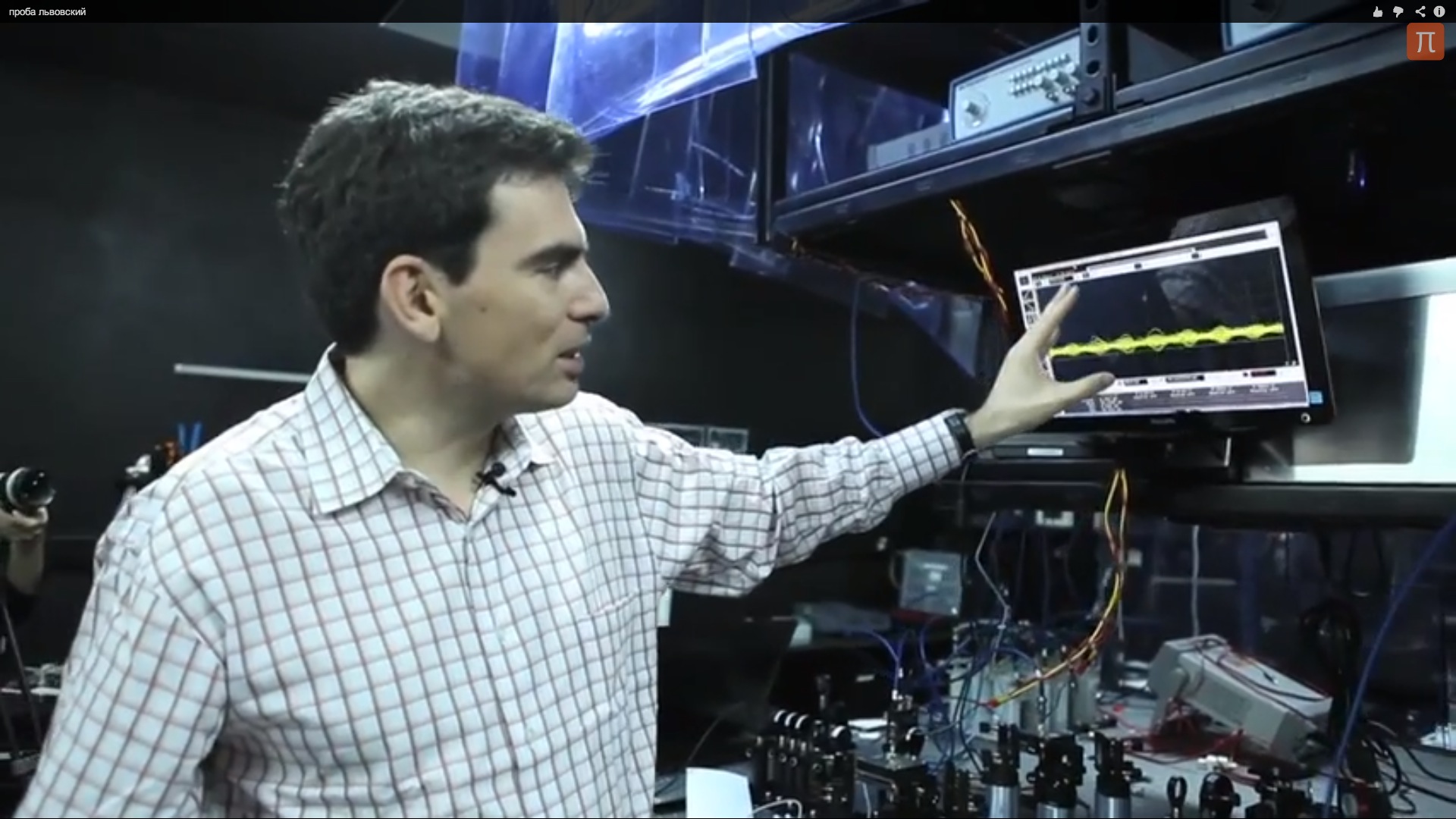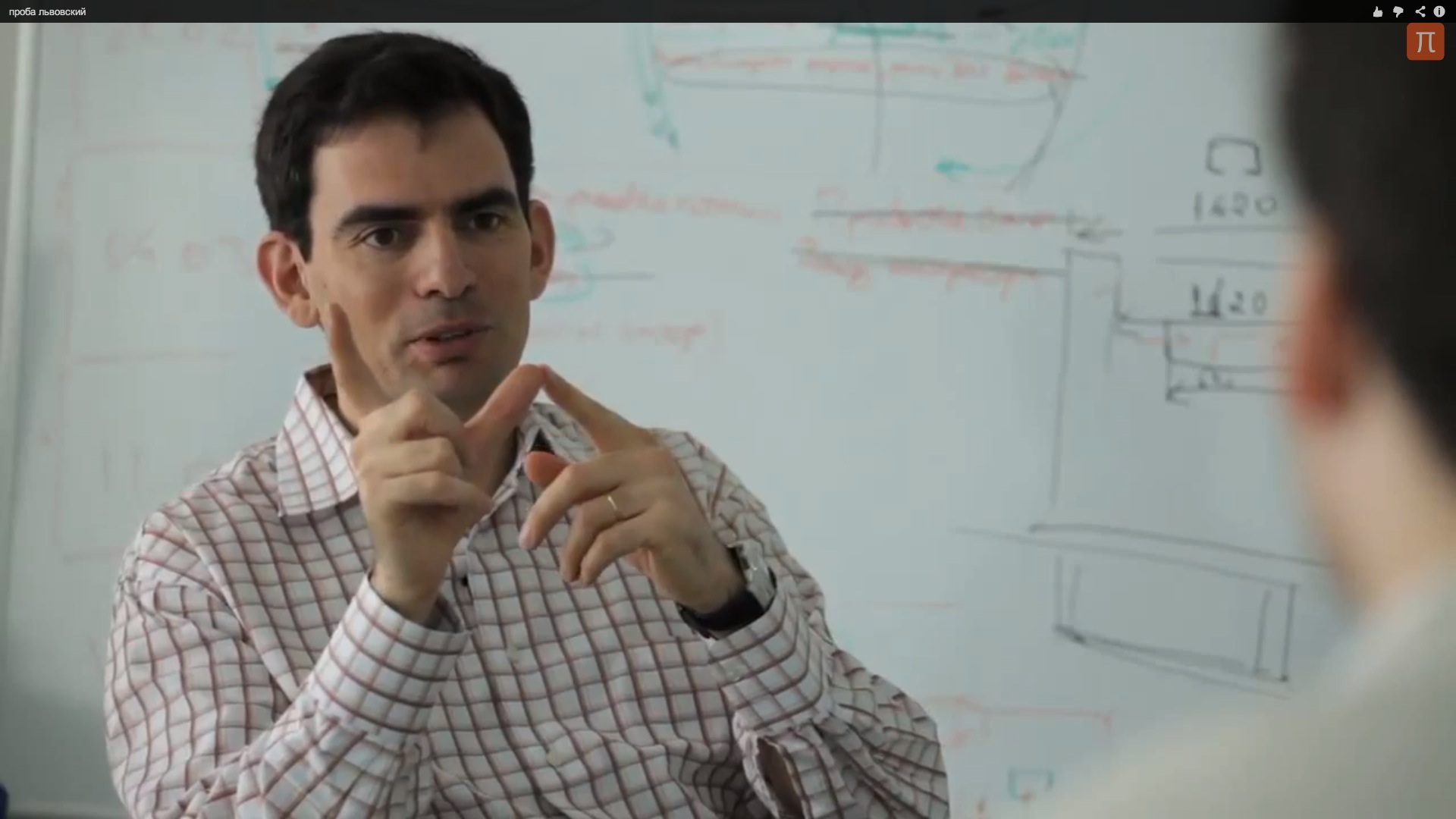PostScience on Habré
Welcome habrapolzovateli,
 PostNauka there are almost half a year, but only recently have we decided to open his blog Habré. Here we will talk about new technologies, relevant scientific research, as well as professions that arise as a result of the interaction of science and technology.
PostNauka there are almost half a year, but only recently have we decided to open his blog Habré. Here we will talk about new technologies, relevant scientific research, as well as professions that arise as a result of the interaction of science and technology.
Who are we
For those who are not yet familiar with us, it is worth saying a few words about Post-Science. This is an online project about basic science and the scientists who create it. We do not retell scientific theories and ideas, but give scientists the opportunity to talk about their research in the first person. We are a group of young and charming people who can speak the same language with scientists, who help to talk interestingly about the complex.
Our website opened in May 2012 and since that time we have released over 1000 materials on problems, theories and ideas in fundamental science, published hundreds of articles, launched radio programs and our own lecture hall “Post-Science Dialogues”, we work with both media and academic institutions .
What we will write about
Post-Science has a lot of friends, scientists, participating in the project, who really create the future now - make discoveries and develop technologies that will change not only science as a field of knowledge, but also our everyday life: from decision complex fundamental tasks to enormous reforms in the labor market.
We will talk about this, or rather show in a new section on the site with the name "ScienceHub", which we prepared specially for the launch of our blog on Habré. My team and I will travel to laboratories and research centers, record their work, and also find out from scientists the details of the existence of their scientific disciplines: what discoveries formed the basis of their research? What prospects can bring their current development? and what new professional areas will result?
Say there are quantum technologies. What kind of specialists are needed to develop them in the future? Who will control a quantum computer and understand quantum cryptography? What generally assumes the existence of quantum technologies and when will they become part of our everyday reality? To answer these questions we visited the lab of quantum optics physicist Alexander Lvovsky at the Russian Quantum Center.

“I think we can say that we are learning to manipulate matter at an increasingly microscopic level. We penetrate down to all the lower floors of matter, deeper and deeper and not only at the level of study, not only at the level of microscopy, we not only look at what is happening there, but also learn to manage this matter, learn to change it, ”began his story Alexander Lvovsky, head of the Quantum Optics group at the RCC.

“A modern post-industrial society is based on information security. Information is the basis of the existence of society and that is why we now have such information scandals: WikiLeaks, then Snowden. Any violations of this security will start to deny society, the further we go, the more important will be the provision of information. ”

“Where is the information most vulnerable? She is vulnerable to transmission. When transmitting information over a long distance, it is easiest to eavesdrop and here quantum technologies become useful, because in such a safe way, you can transmit information from a distance. Cryptography is used. What is cryptography? When there is some secret code sending and receiving a partner, they have a common code known only to them, one of the partners encodes a message using this code, then a coded message is transmitted, and is decoded using copies of the same code. "

“When technology crosses the border between the classical and the quantum world, there will be a“ boom ”in quantum technologies, a sharp development will take place, including in the market.”
The first issue of ScienceHub with the story of prof. Lvovsky on quantum cryptography, see the PostNauki website - http://postnauka.ru/tv/18937
P.S. And here is what we would like from the habrasociety:
First, I would like to hear your wishes on the topics of future materials.
Secondly, of course, responses to already existing content on the site and, especially, on ScienceHub.
Well, the third, most important, questions that will help us complement and expand the subject of the project.
So, all about new technologies, new professions, new disciplines - very soon in the PostNauki blog on Habr, subscribe!
 PostNauka there are almost half a year, but only recently have we decided to open his blog Habré. Here we will talk about new technologies, relevant scientific research, as well as professions that arise as a result of the interaction of science and technology.
PostNauka there are almost half a year, but only recently have we decided to open his blog Habré. Here we will talk about new technologies, relevant scientific research, as well as professions that arise as a result of the interaction of science and technology. Who are we
For those who are not yet familiar with us, it is worth saying a few words about Post-Science. This is an online project about basic science and the scientists who create it. We do not retell scientific theories and ideas, but give scientists the opportunity to talk about their research in the first person. We are a group of young and charming people who can speak the same language with scientists, who help to talk interestingly about the complex.
Our website opened in May 2012 and since that time we have released over 1000 materials on problems, theories and ideas in fundamental science, published hundreds of articles, launched radio programs and our own lecture hall “Post-Science Dialogues”, we work with both media and academic institutions .
What we will write about
Post-Science has a lot of friends, scientists, participating in the project, who really create the future now - make discoveries and develop technologies that will change not only science as a field of knowledge, but also our everyday life: from decision complex fundamental tasks to enormous reforms in the labor market.
We will talk about this, or rather show in a new section on the site with the name "ScienceHub", which we prepared specially for the launch of our blog on Habré. My team and I will travel to laboratories and research centers, record their work, and also find out from scientists the details of the existence of their scientific disciplines: what discoveries formed the basis of their research? What prospects can bring their current development? and what new professional areas will result?
Say there are quantum technologies. What kind of specialists are needed to develop them in the future? Who will control a quantum computer and understand quantum cryptography? What generally assumes the existence of quantum technologies and when will they become part of our everyday reality? To answer these questions we visited the lab of quantum optics physicist Alexander Lvovsky at the Russian Quantum Center.

“I think we can say that we are learning to manipulate matter at an increasingly microscopic level. We penetrate down to all the lower floors of matter, deeper and deeper and not only at the level of study, not only at the level of microscopy, we not only look at what is happening there, but also learn to manage this matter, learn to change it, ”began his story Alexander Lvovsky, head of the Quantum Optics group at the RCC.

“A modern post-industrial society is based on information security. Information is the basis of the existence of society and that is why we now have such information scandals: WikiLeaks, then Snowden. Any violations of this security will start to deny society, the further we go, the more important will be the provision of information. ”

“Where is the information most vulnerable? She is vulnerable to transmission. When transmitting information over a long distance, it is easiest to eavesdrop and here quantum technologies become useful, because in such a safe way, you can transmit information from a distance. Cryptography is used. What is cryptography? When there is some secret code sending and receiving a partner, they have a common code known only to them, one of the partners encodes a message using this code, then a coded message is transmitted, and is decoded using copies of the same code. "

“When technology crosses the border between the classical and the quantum world, there will be a“ boom ”in quantum technologies, a sharp development will take place, including in the market.”
The first issue of ScienceHub with the story of prof. Lvovsky on quantum cryptography, see the PostNauki website - http://postnauka.ru/tv/18937
P.S. And here is what we would like from the habrasociety:
First, I would like to hear your wishes on the topics of future materials.
Secondly, of course, responses to already existing content on the site and, especially, on ScienceHub.
Well, the third, most important, questions that will help us complement and expand the subject of the project.
So, all about new technologies, new professions, new disciplines - very soon in the PostNauki blog on Habr, subscribe!
